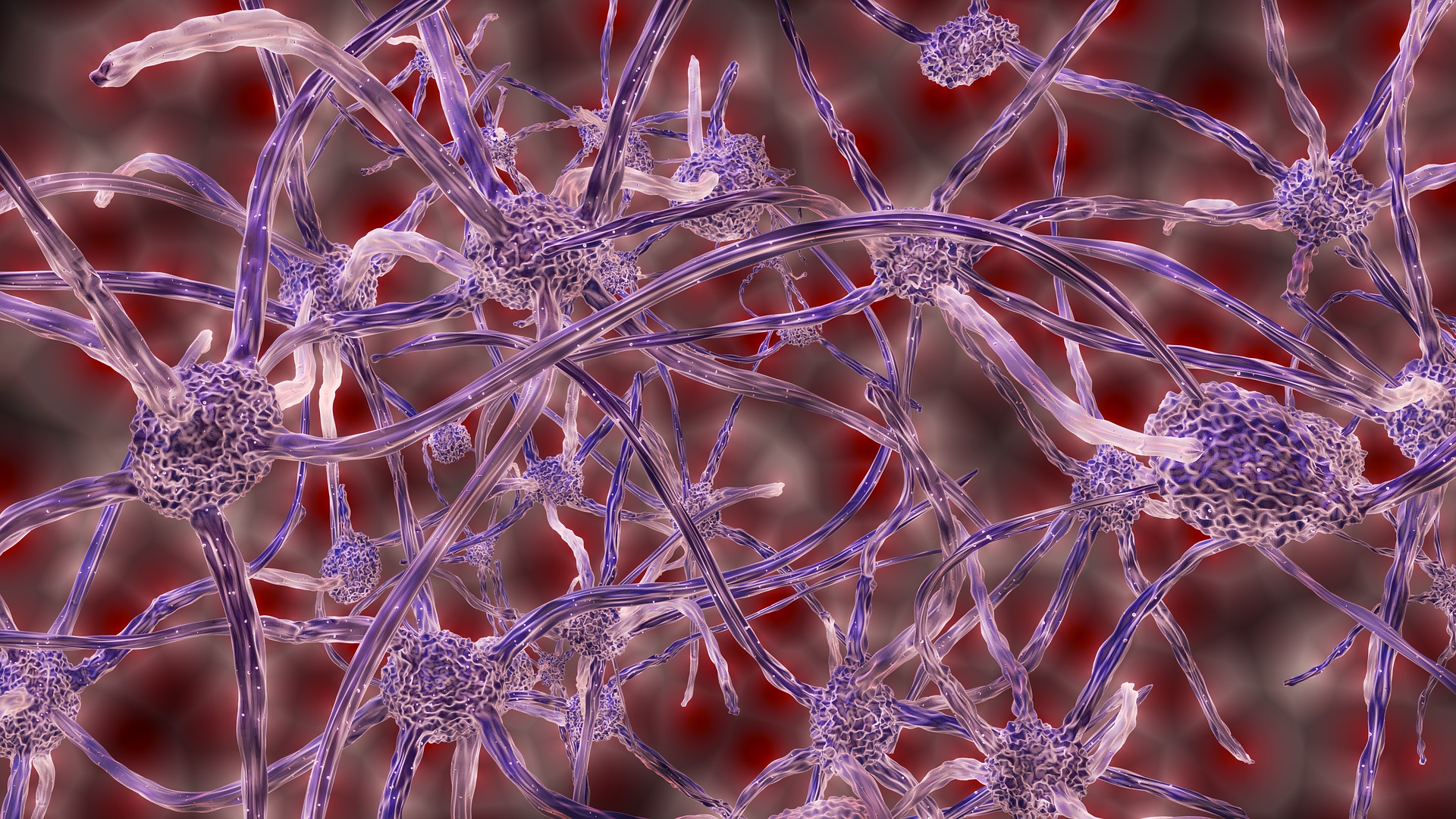15 November 2024 News
Thanks to early work supported by the MND Association, My Name’5 Doddie Foundation and LifeArc discoveries made by a team at University College London (UCL) have been backed by investment to take the research forward to the next stage. Ultimately the hope is that this could lead to research trials for the development of a lifechanging treatment to benefit people living with MND.
Launched as a new company earlier this week, US biopharmaceutical company Trace Neuroscience announced it has secured a $101 million capital investment, with a view to taking forward into clinical trials a potential therapy for MND and other neurological disorders which could one day preserve and improve muscle function.
This follows on from original research undertaken by Professor Fratta and team, funded by the Medical Research Council and MND Association through a Lady Edith Wolfson Fellowship, which led to the ground-breaking discovery that UNC13A levels are associated with disease severity and TDP-43, the gene which forms toxic protein clumps in 97% of people with MND.
Now, work is underway to develop a gene therapy to slow down, stop or potentially reverse disease progression in MND. The potential treatment being investigated is an emerging area of drug development that targets a key disease pathway at the genetic level.
The funding for Trace Neuroscience means it should now have the resources to take this forward to the clinic at pace.
Specifically, researchers are now developing therapies that restore levels of a protein, UNC13A, which is needed to re-establish healthy communication between nerves and muscle cells impacted by neurodegenerative disease. Most people with MND will have changes in a protein known as TDP-43 which causes reduced levels of UNC13A. Therefore, these therapies have great potential for the majority of people with MND.
This announcement marks a substantial investment into the further development of this specific area of MND research and will allow what we hope will be the rapid development of a promising new approach to treating motor neurone degeneration, targeting a pathological process which has been linked to 97% of all cases of MND.
The MND Association has supported the work of co-founder of Trace Neuroscience Professor Pietro Fratta and his lab over many years. Indeed, it was our joint Fellowship award, with the Medical Research Council, to Professor Fratta which led to the groundbreaking discovery in 2022 that has led to this promising new therapeutic approach. This news demonstrates how a modest amount of funding from the Association and others has wide reaching implications, in this instance and others providing the calatyst for further and large-scale investment to take a programme forward. It is exciting to see the direct impact the MND Association’s support is making in the search for effective treatments for this devastating disease.
Dr Brian Dickie, Director of Research Development at the MND Association
Professor Pietro Fratta’s work at UCL continues to be supported by the MND Association, medical research charity, LifeArc, and My Name’5 Doddie Foundation who have jointly awarded £500,000 to the UCL team.
A short documentary ‘Turning the Tide’, backed by the MND Association, MND charities and the MND scientific community shows the progress of Pietro Fratta and his team’s work on UNC13A at UCL and shares first-hand the impact on the lives of people living with the disease and their hopes for ongoing research in this field.
